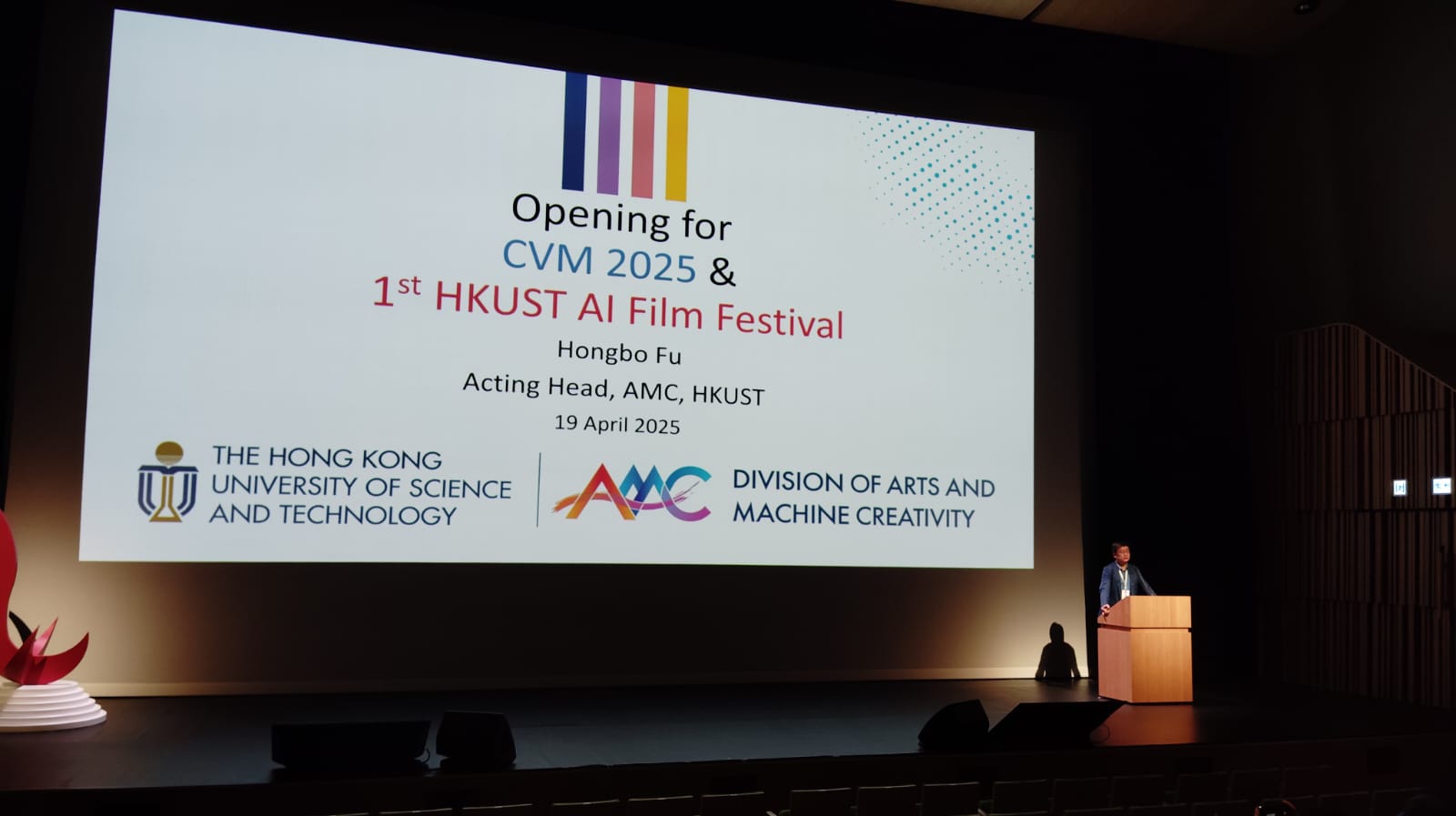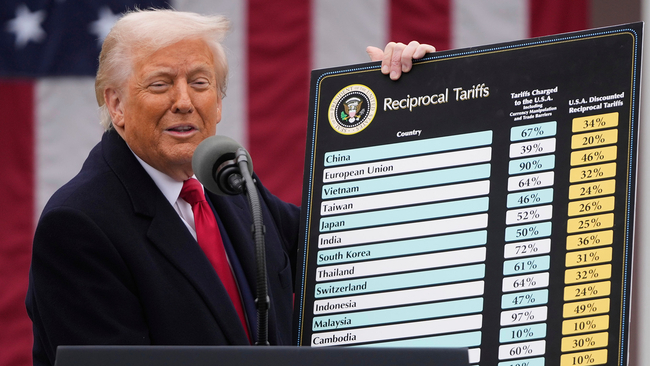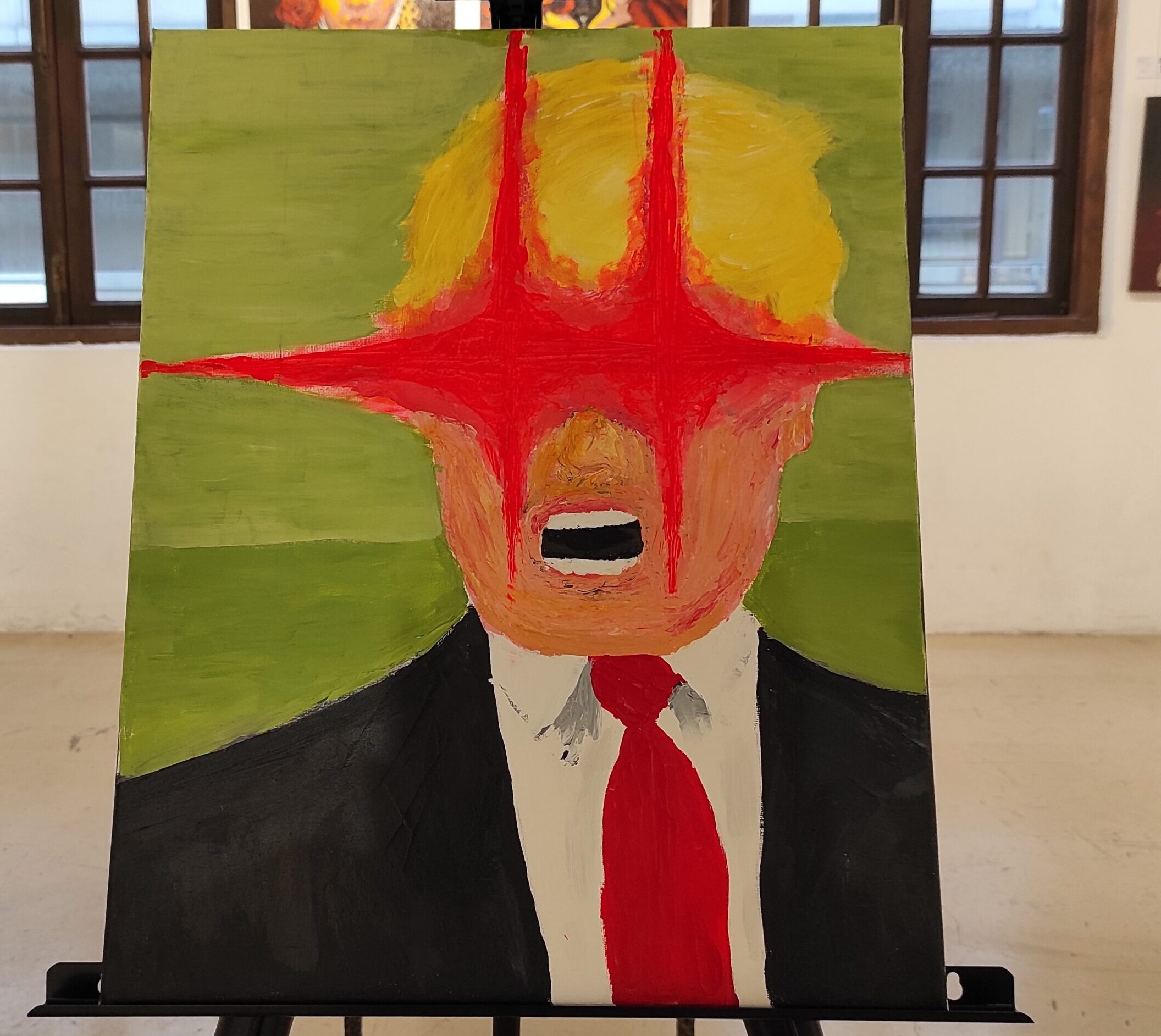Leadership Traits and Practices: Lessons from the HKU Council Turmoil
The recent clash at the University of Hong Kong (HKU) between the Council Chairwoman Priscilla Wong and President Zhang Xiang has brought to light significant issues regarding leadership traits and practices at different levels of an organization. This blog post aims to dissect the leadership dynamics at play, highlighting the importance of appropriate leadership traits and the delineation of roles within an institution.
SCMP Article
The Situation at HKU
The controversy at HKU revolves around allegations against President Zhang Xiang, including bypassing procedures for personal preferences and mishandling donations. Chairwoman Priscilla Wong has taken a hands-on approach, setting up a panel to investigate these allegations. This has led to tensions, with Zhang accusing certain council members of leaking confidential information and expressing concerns about the council’s increasing involvement in daily management.
Leadership Traits at Different Levels
Council Leadership: Strategic Oversight and Governance
At the council level, leaders like Priscilla Wong are expected to exhibit traits such as strategic vision, integrity, and collaborative governance. The council’s primary role is to provide strategic direction and ensure good governance, rather than micromanaging daily operations. Effective council leaders should:
- Foster Open Communication: Ensuring transparent communication channels between the council and the management team is crucial. This helps in building trust and mutual respect, which are essential for collaborative governance.
- Maintain Integrity and Impartiality: Handling allegations and conflicts impartially is vital. The council must uphold the institution’s values and ensure that investigations are conducted fairly and transparently.
- Support Autonomy: While oversight is necessary, council leaders should respect the autonomy of the university’s management in operational matters. This balance is essential to maintain academic freedom and effective management.
Executive Leadership: Operational Management and Innovation
On the other hand, leaders at the executive level, such as President Zhang Xiang, need to focus on operational efficiency, innovation, and relationship building. Key traits for effective executive leadership include:
- Decision-Making and Confidence: Executives must make informed decisions confidently and swiftly, especially in complex and dynamic environments.
- Emotional Intelligence and Empathy: Building strong relationships with faculty, staff, and students requires high emotional intelligence. This helps in navigating conflicts and fostering a positive work environment.
- Adaptability and Innovation: Embracing new ideas and adapting to changing circumstances are critical for driving the institution forward.
The Importance of Role Delineation
The turmoil at HKU underscores the importance of clear role delineation between the council and the executive management. While the council should focus on strategic oversight, the executive team should handle day-to-day operations. Interference in operational matters by the council can lead to conflicts and undermine the effectiveness of the management team.
Conclusion
The HKU controversy serves as a reminder of the delicate balance required in leadership roles within an institution. Council leaders must provide strategic oversight without overstepping into operational management, while executive leaders should focus on efficient and innovative management practices. By adhering to these principles, institutions can navigate conflicts more effectively and foster a collaborative and productive environment. This blog post aims to provide insights into the leadership dynamics at HKU, emphasizing the importance of appropriate leadership traits and practices at different levels of an organization










